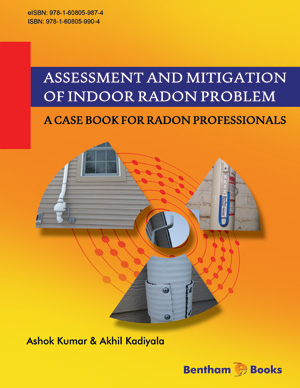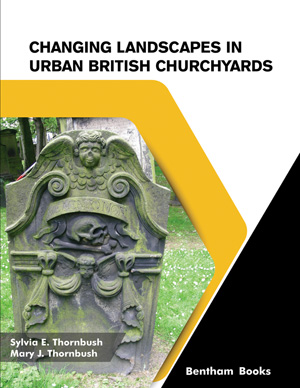Abstract
This paper aims to explore the potential of context for architectural design thinking based in a recent Portuguese reality. Departing from a particular case in Portuguese practice – Álvaro Siza ‘Bairro da Malagueira’ –, it will observe a process where context is an operative asset of the design process. This reflection is established in the process of ‘defamiliarization’ (Shklovsky, 1990), considering the interpretation model suggested by ‘Critical Regionalism’, as described by Tzonis and Lefaivre (1986, p. 279). As a ‘measurement’ device, this process serves to (re)open the debate about the pertinence of cultural and physical context to the architectural design process, and contributes in establishing a place identity.
Keywords: Identity, context, design thinking, critical regionalism, portuguese architecture, bairro da malagueira.












